Marks Hall Mansion History
WelcomeThis is the official website for the project Rescuing and Presenting Lost Heritage: Promoting Public Engagement with Marks Hall and the World of the Vanished Country House, sponsored by the Economic and Social Research Council (ESRC) at Marks Hall Estate and the University of Essex. Like many such country house sites, the lost Jacobean Marks Hall mansion stood on a ancient site of habitation. The archaeology reveals a site stretching back to Saxon, Roman and bronze age times, with recovered remains that can open up a historical record of continuity to support the re-creation of the post-Elizabethan house and estate.
Located on the Marks Hall Estate, just outside Coggeshall, Essex, records of the site date back to the 1088 Domesday Book. The Jacobean mansion was demolished in 1950, and an archaeological dig is currently taking place to uncover not only the footprint of the mansion, but also its predecessor manor house.
This new wave of research into the house is being headed by the Department of History of the University of Essex, in conjunction with the Colchester Archaeological Group and the School of Computer Sciences and Electronic Engineering at the University of Essex.
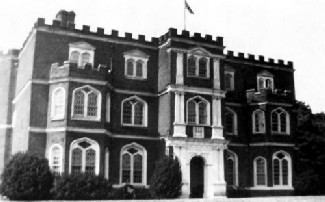
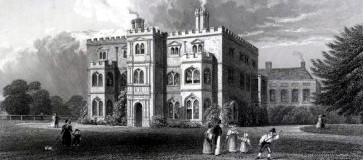
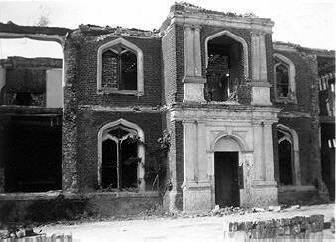
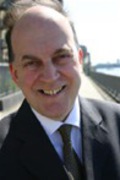
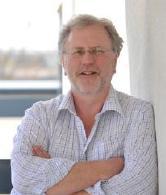
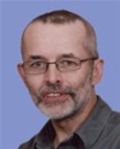

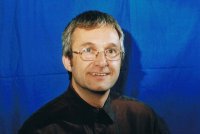
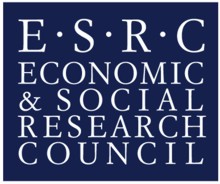 This project was sponsored by the Economic and Social Research Council
This project was sponsored by the Economic and Social Research Council